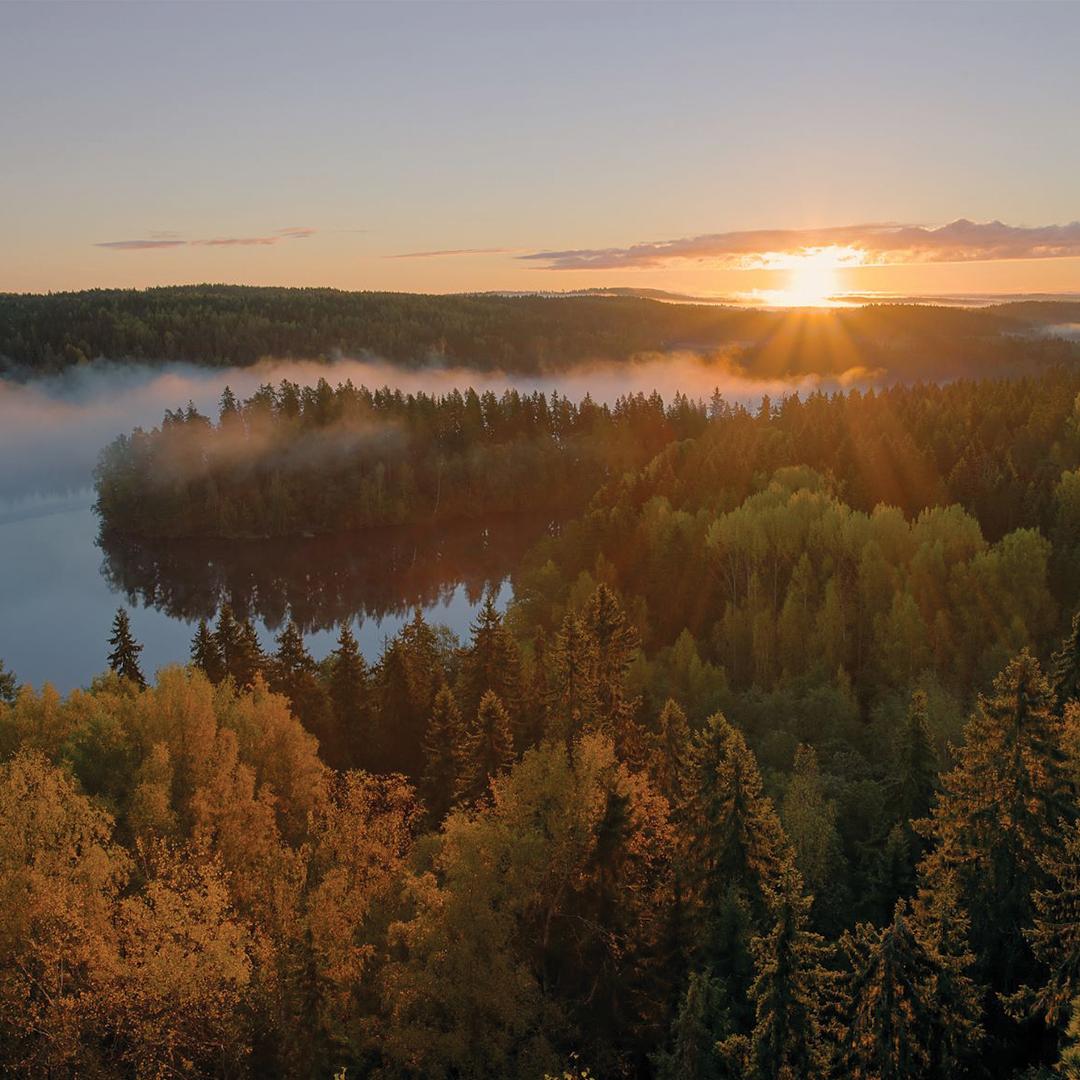Three insights into the bioenergy market
The role of bioenergy in the transition towards sustainability is frequently discussed. Even though bioenergy already by far is the largest source of renewable energy in the world, several challenges remain.
The Swedish Bioenergy industry association, Svebio, recently hosted its annual spring conference, which mainly revolved around three particular areas. As a member of the association, Adven participated in the event. In this article, Karl Asp, Business Developer for Adven’s industrial partnerships, shares his reflections from the conference.
How often do you read about bioenergy in the newspaper? Unless you are working in the energy sector, likely not very often. A bit surprising, since bioenergy by far is the largest source of renewable energy globally, and accounts for five times as much energy as solar and hydropower combined. Bioenergy plays an important role especially in the Nordic energy system, where vast areas are covered by forests.
1. Supply of the raw material
When the audience was asked what they wanted to deepen their knowledge of during the conference, 60% replied that they wanted to understand the competition for biomass in the future. When one evaluates potential investments, most of which usually have long payback times, any indication of the future biomass price is worth a lot.
Anders Egelrud, CEO of Stockholm Exergi, discussed a report from Swedish forestry research company Skogforsk, which hinted at untapped potential of collecting more forest residues without jeopardizing forests’ ability to regrow and without the need for substantial cost increases.
Simultaneously, new actors and technologies are entering the biomass market. Gasification, where one heats the biomass in the absence of oxygen and creates biochar and bio-oil, and refineries, in which biomass is turned into biofuels for the transport sector, are two examples of plants that industry players are looking into. Biomass is a catch-all term for multiple different materials, all of which do not suit every application, which adds complexity to the topic.

2. EU and the transition
Even though the International Energy Agency (IEA) advocates for a scenario in which the amount of electricity from bioenergy doubles by 2030, and the amount of bioenergy in the energy mix as a whole increases by 8% annually (as opposed to 3% today), there are strong opponents to bioenergy in the EU. Emma Wiesner, member of the European Parliament and part of the Renew Europe Group, explained that there is a fundamental difference between how bioenergy is viewed between the member countries.
Many only take into account the emissions that occur as the carbon dioxide is released, whereas many Nordic countries argue that one has to also account for the carbon dioxide which is stored in the biomass as it grows. Since biomass can be utilized to phase out fossil products, such as plastics and petrol, IEA and Nordic representatives argue for more bioenergy in the European energy mix. Clear directions, like the ones outlined in REPowerEU, play a central role in stimulating investments and reducing uncertainty for the industry.

3. Preparedness
Geopolitical conflicts are rampant ever closer to our homes with a war raging within European borders. To say that a robust energy system is critical in times of conflict and crisis would be an understatement; energy production and distribution infrastructure have become central targets for attacks in Ukraine. For a district heating company, this might mean cultivating the ability to start from a dead network, while for a manufacturing industry it might mean abandoning lean production principles and increasing stock levels. It is increasingly becoming of national interest to secure domestic production of energy and fuels to decrease reliance on foreign states, and bioenergy can play a crucial role in this endeavor.

About Svebio
The Swedish Bioenergy Association (Svebio) is a trade organization for around 300 companies, organizations and other representatives active in the bioenergy industry in Sweden. We are firmly grounded in our values, which are based on a sustainable and safe energy system, entrepreneurship, and market economy. Read more about association at www.svebio.se/en.

 Newsletter
Newsletter